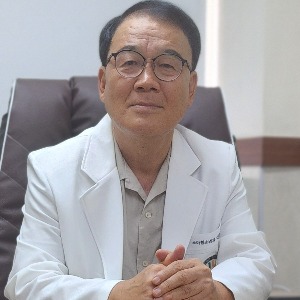Sports Endocrinology
Sports endocrinology is a specialized branch of medicine that focuses on the study of hormones and their impact on athletic performance and overall health. Hormones play a crucial role in regulating various physiological processes, including metabolism, energy production, and muscle growth. In the context of sports, understanding the endocrine system is essential for optimizing training, recovery, and achieving peak athletic performance.
Key hormones in sports endocrinology include testosterone, estrogen, cortisol, insulin, and growth hormone. These hormones influence muscle development, bone density, and the body's response to stress and exercise. Imbalances or abnormalities in hormone levels can affect an athlete's ability to build muscle, recover from injuries, and adapt to training stimuli.
Sports endocrinologists work closely with athletes to assess hormone levels, address hormonal imbalances, and design personalized training and nutrition plans. This specialized field also explores the impact of factors like sleep, stress, and nutritional choices on hormone regulation. By optimizing hormonal profiles, athletes can enhance their performance, accelerate recovery, and minimize the risk of overtraining and injuries. Overall, sports endocrinology plays a crucial role in helping athletes achieve their full potential by ensuring that hormonal systems are functioning optimally to support the physical demands of training and competition.

Jay Spector
American Academy of Podiatric Sports Medicine (AAPSM), United States
Marcia J Scherer
Institute for Matching Person and Technology, United States
Marcos Brioschi
American Academy of Thermology, United States
Ady M Correa
University of Miami, United States
Blair Gorenberg
Shirley Ryan Abilitylab, United States
Roberta Sartori
IRCCS Materno-Infanitle Burlo Garofolo, Italy




Title : Best practice guidelines for the use of pharmacological neuromodulation in disorders of diminished motivation: A comprehensive approach
Vaidya Balasubramaniam, Illawarra and Shoalhaven Local Health District Hospitals, Australia
Title : A forgotten component of knee osteoarthritis
Ron Blehm, EEI Physio LLC, United States
Title : Functional outcomes of DSSA-Based pelvic rehabilitation combined with manual therapy and electrostimulation in men after oncologic surgery: A retrospective case series
Eren Uyar, Fizyomen Physiotherapy & Rehabilitation Center, Turkey
Title : We are living and working in the age of individualization
Marcia J Scherer, Institute for Matching Person and Technology, United States
Title : Efficacy of Inspiratory Muscle Training (IMT) in post-weaning ICU recovery: A clinical randomized controlled trial
Warda Khan, Chongqing Medical University, Pakistan
Title :
Subramanya Adiga, Middlemore Hospital, New Zealand